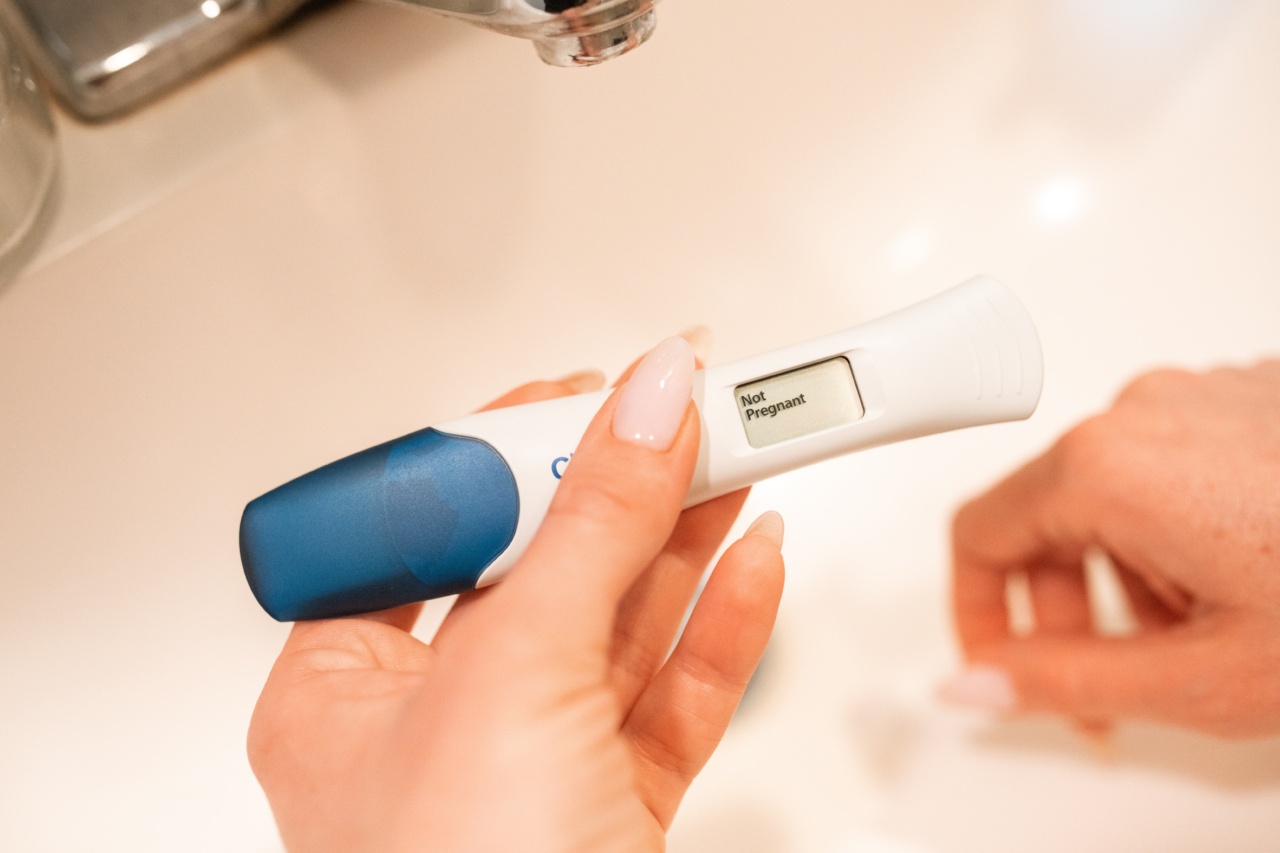Antioxidants play a vital role in maintaining our overall health and well-being. These powerful compounds have been shown to help lower cholesterol and blood pressure levels, thereby reducing the risk of cardiovascular diseases.
In this article, we will explore the benefits of antioxidants in revitalizing our health and discuss effective ways to incorporate them into our daily diet.
The Role of Antioxidants in Lowering Cholesterol
High cholesterol levels have long been associated with an increased risk of heart disease.
LDL (low-density lipoprotein) cholesterol, often referred to as “bad cholesterol”, can contribute to the formation of plaque in our arteries, leading to blockages and restricted blood flow. Antioxidants have proven to be effective in combating the oxidation of LDL cholesterol, thereby reducing its harmful effects on our cardiovascular system.
The Types of Antioxidants for Lowering Cholesterol
There are various types of antioxidants that have demonstrated cholesterol-lowering properties. Some notable examples include:.
Vitamin C
Vitamin C is a powerful antioxidant that helps prevent the oxidation of LDL cholesterol. Foods rich in vitamin C, such as citrus fruits, kiwi, and strawberries, can be easily incorporated into our diet to support heart health.
Vitamin E
Vitamin E is another antioxidant that has been found to reduce LDL cholesterol oxidation. Nuts, seeds, and vegetable oils are excellent sources of vitamin E and can be included in our daily meals as part of a heart-healthy diet.
Flavonoids
Flavonoids, a type of antioxidant found in fruits, vegetables, and dark chocolate, have been associated with decreased LDL cholesterol levels.
Including a variety of colorful fruits and vegetables in our diet helps ensure an adequate intake of flavonoids.
The Link Between Antioxidants and Blood Pressure
High blood pressure, also known as hypertension, is a common condition that puts strain on the heart and blood vessels, increasing the risk of heart disease and stroke.
Antioxidants have been found to have a positive impact on blood pressure levels, helping to maintain healthy readings.
The Role of Antioxidants in Lowering Blood Pressure
Antioxidants combat the oxidative stress that can contribute to the development of high blood pressure.
By neutralizing free radicals and reducing inflammation, antioxidants help maintain the health and flexibility of blood vessels, promoting optimal blood flow and regulating blood pressure.
Natural Sources of Antioxidants for Blood Pressure Control
Including antioxidant-rich foods in our diet can help regulate blood pressure naturally. Some excellent sources of antioxidants for blood pressure control include:.
Green Leafy Vegetables
Leafy greens such as spinach, kale, and Swiss chard are packed with antioxidants, fiber, and minerals that contribute to healthy blood pressure levels.
Berries
Blueberries, strawberries, raspberries, and other berries are not only delicious but also rich in antioxidants that have been shown to support heart health and maintain blood pressure within a healthy range.
Dark Chocolate
A moderate consumption of dark chocolate, with at least 70% cocoa content, provides a tasty way to intake flavonoids and antioxidants that can contribute to blood pressure control.
Conclusion
Incorporating antioxidants into our daily diet is a powerful way to revitalize our health and lower cholesterol and blood pressure levels.
By consuming a variety of antioxidant-rich foods, such as fruits, vegetables, nuts, and dark chocolate, we can support our cardiovascular system and reduce the risk of heart disease. Prioritizing a nutrient-rich diet and embracing a lifestyle that encompasses regular physical activity are key components of a well-rounded approach to improving and maintaining our overall health.



























